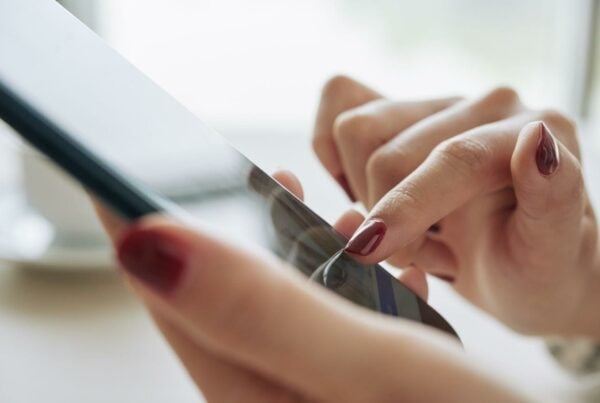There’s no denying the impact that digital connectivity is having on our daily routines. It’s changed how we watch video, keep tabs on our health—even the way we connect with our favorite World Cup players. And more recently, digital is starting to transform how consumers pony up cash for their everyday purchases. And for consumers using mobile payment technology, digital is already the norm. In fact, according to Nielsen’s Q2 2014 Mobile Wallet Report, 40 percent of mobile wallet users say they use mobile methods as their primary mode of payment.
So who are mobile payment users? Men and women are almost just as likely to use these digital services: 47 percent and 53 percent, respectively. Mobile users age 18-34 account for the majority of users (55%) and 35 percent are age 35-54. Interestingly, mobile payment users span all income levels, with the highest usage among those making less than $50,000 (32%) and more than $100,000 (29%).
Bye, Bye Wallets… New Ways To Pay
If variety is the spice of life, the digital payment landscape is on par with Cajun jambalaya. With innovative payment methods like PayPal, Google Wallet, Passbook, MasterCard PayPass and a host of others, the choices are plentiful. And when it comes to check-out, bar codes and quick response (QR) codes, which consumers simply display on their device so cashiers can scan them, are the most popular mobile payment methods among smartphone payers (45%). Thirty-seven percent of smartphone payers tap their device on a payment reader using near-field communication (NFC), such as Google Wallet or Isis. Twenty-nine percent of smartphone payers scan the bar code or QR code using the device’s camera.
Easing Social Awkwardness
Mobile payment options are doing more than easing the way we pay for goods and services. In fact, peer-to-peer payment methods are helping relieve socially awkward situations that arise when groups of friends are out and faced with a large restaurant or bar tab. After enjoying a delicious meal and having fun with friends, 71 percent of peer-to-peer payment app users said that using these types of payment options reduces tension around splitting the bill. Seventy-three percent of consumers said they like the convenience of not having to split checks or find an ATM. With a simple click on their smartphones, the deed is done. Almost half (49%) of those who use peer-to-peer payment apps report doing so while dining.
Rewards Are Key To Consumer Engagement
Since 40 percent of mobile wallet users are utilizing mobile wallets as their primary form of payment, how do marketers convert the remaining 60 percent? Consumers agreed (69%) that they’d convert to mobile payment methods if merchants were to offer discounts specific to purchases made via mobile wallet. Also driving their decision would be if the reward programs that they are currently enrolled in would honor mobile transactions, and if rewards programs and mobile wallet could be integrated to redeem points immediately (69%).
Methodology
The insights from Nielsen’s Mobile Wallet Report were gathered from a general population sample 18+ years and consisted of 3,784 respondents identified through Nielsen’s Mobile Insights syndicated study who have used their smartphone or tablet for mobile shopping, paying or banking in the past 30 days.
This post originally appeared on the Nielsen website.





